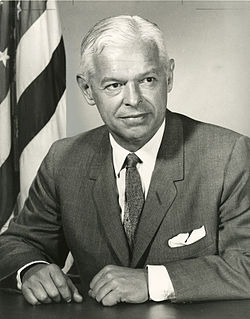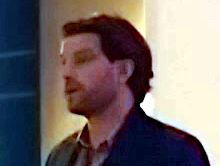A Quote by Charlie Munger
Forgetting your mistakes is a terrible error if you are trying to improve your cognition.
Related Quotes
Chris Davis [of the Davisfunds] has a temple of shame. He celebrates the things they did that lost them a lot of money. What is also needed is a temple of shame squared for things you didn't do that would have made you rich. Forgetting your mistakes is a terrible error if you are trying to improve your cognition. Reality doesn't remind you. Why not celebrate stupidities in both categories?
You will get something wrong today, and tomorrow, and every day of your life. So will I, and everybody you know. You don’t have a choice about being wrong sometimes: mistakes will be your life-long companion. But you do have a choice about whether to approach your error in terror so you suppress, ignore and repeat it — or to make it your honest, open ally in trying to get to the truth.
To some people, I am kind of a Merlin who takes lots of crazy chances, but rarely makes mistakes. I've made some bad ones, but fortunately, the successes have come along fast enough to cover up the mistakes. When you go to bat as many times as I do, and continually improve upon your mistakes, you're bound to get a good average.
Testing by itself does not improve software quality. Test results are an indicator of quality, but in and of themselves, they don't improve it. Trying to improve software quality by increasing the amount of testing is like trying to lose weight by weighing yourself more often. What you eat before you step onto the scale determines how much you will weigh, and the software development techniques you use determine how many errors testing will find. If you want to lose weight, don't buy a new scale; change your diet. If you want to improve your software, don't test more; develop better.
Unlike earlier thinkers, who had sought to improve their accuracy by getting rid of error, Laplace realized that you should try to get more error: aggregate enough flawed data, and you get a glimpse of the truth. "The genius of statistics, as Laplace defined it, was that it did not ignore errors; it quantified them," the writer Louis Menand observed. "...The right answer is, in a sense, a function of the mistakes.


































